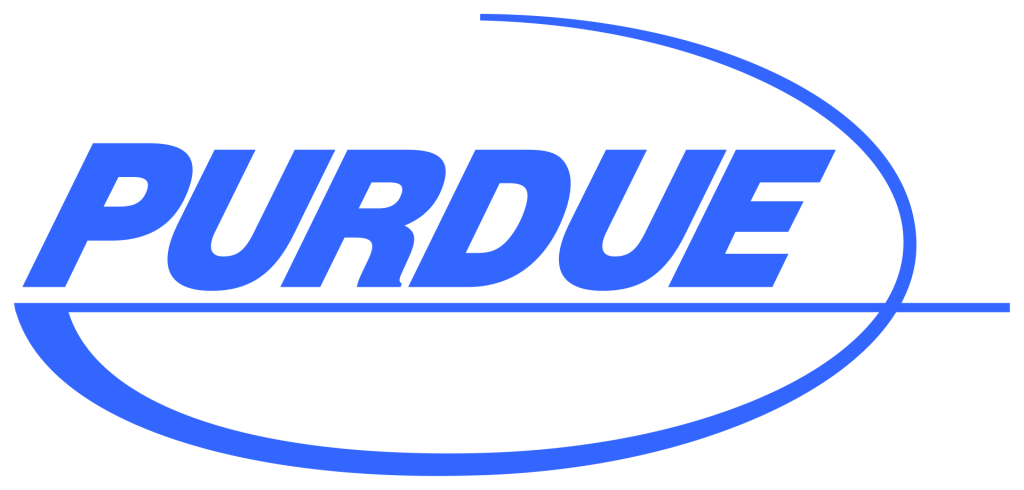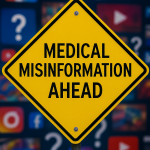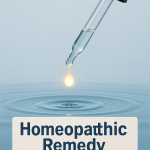You’ve heard the story.
A powerful pharmaceutical company, Purdue Pharma, aggressively marketed OxyContin while downplaying its addictive potential. They pushed it into communities across the country. And they knew.
They knew it could hook people.
They knew it could kill.
Thousands of lives were lost.
Millions were changed forever.
And the people responsible got rich in the process.
So yes—you should be angry.
You should be outraged.
You should demand justice.
But here’s what we miss when we tell this story the wrong way:
The reason it was a scandal is because it wasn’t normal.
If Every Pharma Company Did This, It Wouldn’t Be News
Here’s how human psychology works:
When something is shocking—like Purdue’s behavior—it sticks in your mind.
That’s called salience bias.
Your brain latches on to the memorable example. And then it starts to generalize.
“If they lied about OxyContin… what else are they lying about?”
“Can we trust any drug?”
“Maybe vaccines are a scam too.”
That’s where things go off the rails.
Because if this kind of deception were happening across the board—
If every medicine, every vaccine, every treatment was being pushed with the same callous disregard for human life—
You wouldn’t be shocked anymore.
It wouldn’t be a scandal.
It would just be business as usual.
But it was a scandal.
Because it broke the rules.
Because it crossed a moral line that most people—even in pharmaceutical companies—don’t cross.
Who Exposed Purdue? Public Health.
Let’s ask another question:
Who told the truth?
Who noticed the overdose data climbing?
Who raised the alarm about overprescription?
Who investigated the link between marketing and addiction?
It wasn’t TikTok.
It wasn’t YouTubers “doing their own research.”
It was public health researchers, epidemiologists, local doctors, and investigative journalists.
The very institutions being blamed for “covering up” medical truth were the ones that uncovered the crisis in the first place.
That matters. Because it shows that the system—flawed though it may be—can hold itself accountable.
And it also shows who’s working for you… and who’s just working you.
Be Angry. But Be Precise.
It’s easy to say “Big Pharma is evil” and leave it at that.
But the real picture is more complicated—and much more useful.
- Pharma companies are profit-driven. That’s their nature. That’s the system we’ve allowed to grow.
- Sometimes they cross lines, like Purdue did. And when they do, they must be held accountable.
- But most medicines work. Most vaccines save lives. Most of the people developing them are doing honest, evidence-based work—often despite broken incentives.
If we respond to Purdue by distrusting every medical breakthrough, every public health institution, every vaccine—we don’t punish bad actors.
We reward them.
We tear down the very tools we need to protect ourselves.
The Bottom Line
You’re right to be furious about OxyContin.
You’re right to demand better from pharmaceutical companies.
But don’t confuse a scandal for a standard.
Because when everything is a conspiracy, nothing is accountable.
And when we reject the tools that do work—because one company abused our trust—we don’t make ourselves safer.
We just make ourselves more vulnerable.
If this helped you untangle outrage from misinformation, let us know. Head back to the Facebook post and join the conversation. Your voice matters.
Last Updated on June 26, 2025







